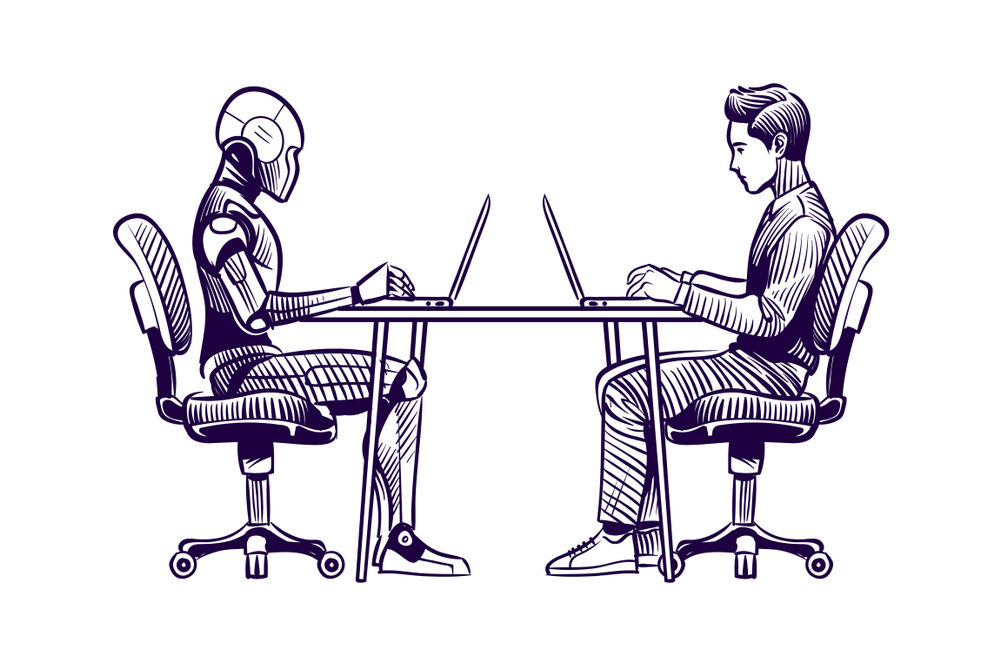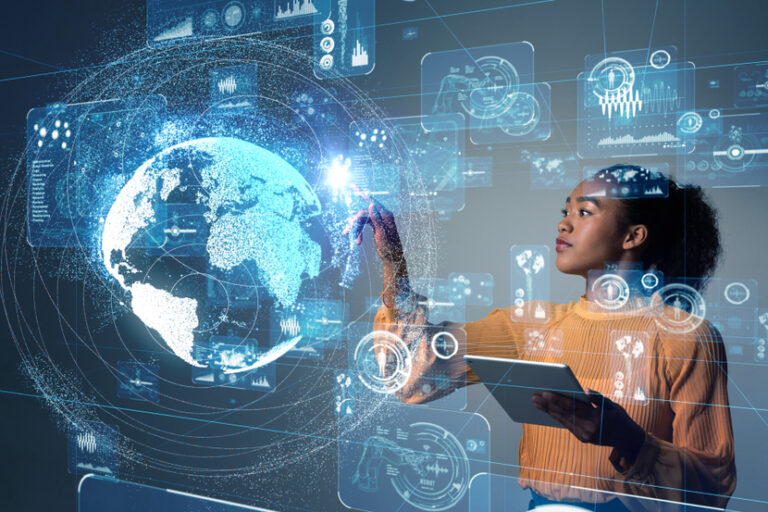
There’s considerable tension between organisations and their employees today rooted in a variety of issues. These span return to office debates, the rise of AI in the workplace, and a complicated economic market riddled with layoffs and instability. Simultaneously, there’s a gradual shift happening as organisations across industries are increasingly acknowledging the intrinsic connection between business outcomes and the satisfaction of their employees.
Many companies have moved past viewing employees as interchangeable “cogs in a machine”. Now they understand engaged, empowered, motivated employees are key to spurring innovation, productivity, and customer satisfaction. In fact, McKinsey research found that people who report having a positive employee experience have 16 times the engagement level of employees with a negative experience, and are eight times more likely to want to stay at a company.
Organisations are at a crossroads – to be successful in the future and drive loyalty with their employees, they need to become a destination employer. There is a tremendous opportunity to optimise and elevate the employee experience by introducing new advancements in AI, automation, and other emerging technologies to become a workplace of the future.
How evolutions in AI can transform the workplace
Instead of succumbing to fears about AI “stealing” human jobs, it’s important for forward-thinking companies to proactively focus on how AI is revolutionising workplaces and transforming roles. This has already been well documented, and according to PwC’s Global Artificial Intelligence Study, AI will lead to an estimated $15.7 trillion, or 26% increase, in global GDP by 2023.
Businesses have an opportunity to reimagine traditional work processes and empower employees with the tools they need to thrive in an era of digital transformation. Recently, many organisations have gained ground in becoming more customer-centric, however, most have largely failed to make progress on employee centricity. This is particularly the case for staff at the frontlines of customer interactions, such as contact centre agents, supervisors, and other support specialists.
Fortunately, with the right approach, AI presents a great opportunity to help in this area. To unlock the technology’s full potential in the context of boosting employee experience, companies should consider:
1. Generative AI: Powered by advanced machine learning algorithms that can generate new content, businesses have several options to leverage generative AI tools in impactful ways. For example, in the context of customer experience, organisations can use generative AI to help their employees or bots quickly sort and prioritise knowledge content that maybe most relevant to customer inquiries. With deep natural language processing capabilities, Generative AI can also identify topic, sentiment and tone, for example, helping employees more easily extract insights from customer conversations. Generative AI applications can also help employees rapidly generate draft content and summarise conversations, saving employees valuable time in creating customer follow-ups, sales communications and more.
2. AI coaching and real-time insights: By providing employees with valuable guidance and support to excel, organisations can use AI systems to offer employees personalised recommendations, training plans, and provide real-time feedback.
For example, AI may suggest relevant information for sales teams to share, approaches to de-escalate tensions, or cross-selling opportunities to raise. An AI coach can provide next-best-actions, enabling the human employee to have far more insightful conversations.
Over time, the AI coach learns the strengths and weaknesses of each individual employee. It can then tailor training content and suggestions to target their development areas and leverage their skills. This creates a continuous learning loop, where human capabilities are augmented by AI’s support and insights.
3. Automation: Intelligently automating repetitive tasks can massively reduce employees’ burden and allow them to focus their energy on higher-value work. Administrative processes like data entry, report generation, email management, and other routine workflows can be streamlined with the aid of workflow automation tools.
For example, customer service agents can spend more time building rapport with clients rather than processing forms. Marketers can devote more effort to analysis versus pulling reports. This leads to greater job satisfaction and ensures that employees get to focus on the engaging parts of their roles for a better overall experience.
4. AI-powered Gamification: Today, teams and managers are often not physically in working in the same location. Leveraging gamification technology organisations can transform how employees interact with work and peers, fostering a more engaging, collaborative environment. By introducing game-like elements like leaderboards, badges, challenges, and rewards, businesses can motivate employees, encourage healthy competition, and improve overall performance.
Implementing gamified training programmes can also make learning new skills or processes more fun and increase knowledge retention. It also enables peer recognition, team building, and a sense of accomplishment, creating a positive, supportive workplace culture.
Assessing needs to target technology investment
While new technologies can transform employee experiences, realising their full potential requires comprehensive training programmes for the seamless adaptation across different generations.
Companies should actively assess workers’ needs through surveys and interviews to identify targeted areas where technology can meaningfully improve engagement. By establishing a culture of continuous improvement through ongoing evaluations and feedback loops, businesses can iteratively refine technology solutions to meet employees’ evolving expectations and deliver tangible benefits.
The key is understanding diverse preferences and priorities to implement technology in a way that enhances the entire workplace experience.
The importance of employee experience for future success
As the workplace continues to evolve due to the way people want to work alongside advancements in AI, automation, and other technologies, innovative companies have a tremendous opportunity to optimise and elevate employee experiences.
By embracing innovations like generative AI, real-time coaching, workflow automation, and gamification, organisations can empower their workforce and unlock higher levels of productivity, engagement, and satisfaction in the modern workplace.
With the right integration of employee strengths and machine capabilities, businesses can modernise traditional processes to help workers thrive in the digital age. Those that prioritise the employee experience today will gain a competitive edge and be best positioned to benefit from tomorrow’s AI revolution.

Merijn te Booij is EVP GM Employee Engagement Business Unit at Genesys. As the GM for all things related to workforce engagement, Merijn leads the global BU building and delivering disruptive and innovative solutions to help Genesys customers drive Experience as a Service. Merijn is Responsible for setting the company’s technology vision in this field, translating product strategy into go-to-market strategies and driving continued business growth and brand awareness.


